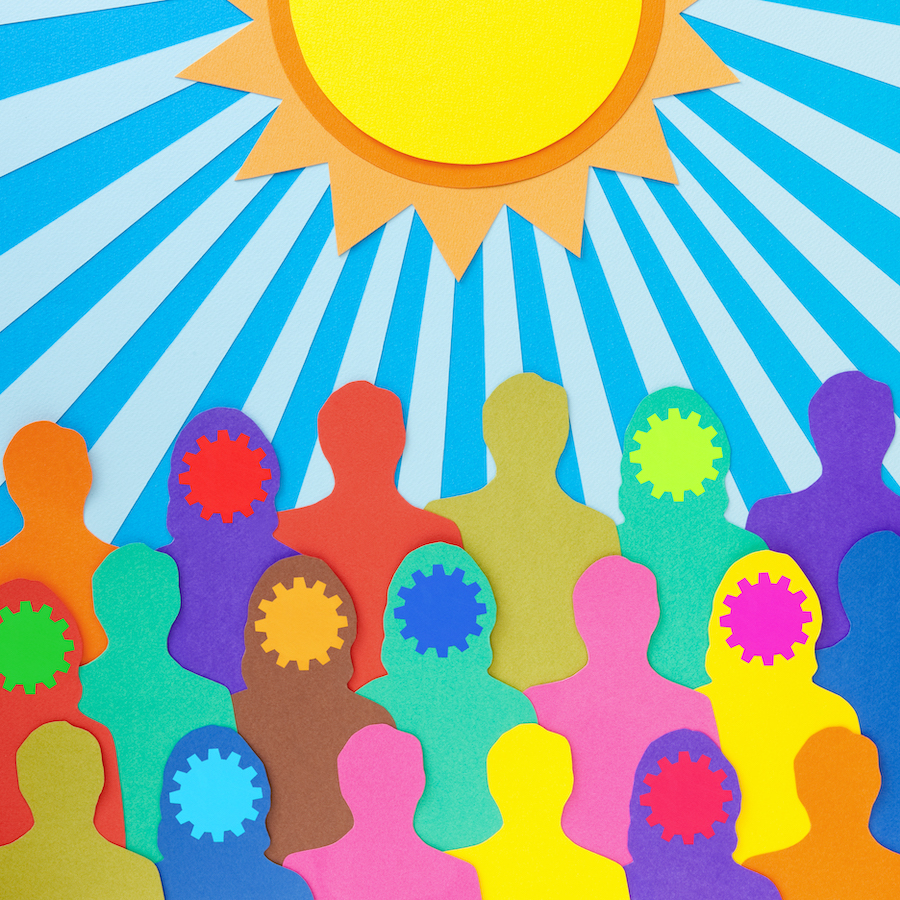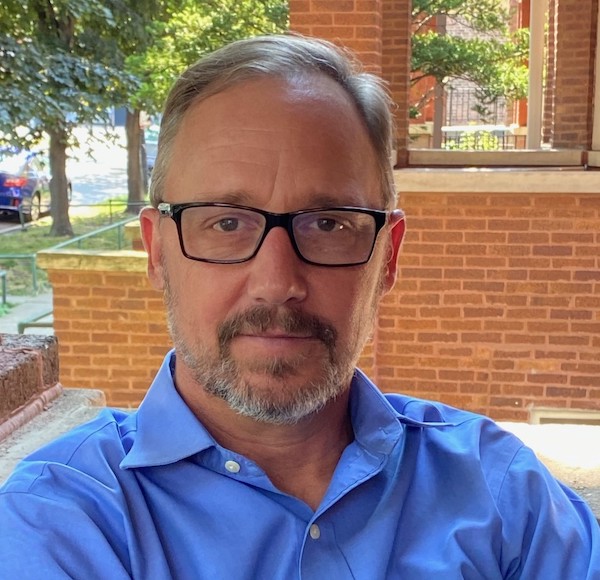How Communicators Can Help Bridge the Civil Divide
By David Murray
March 2021
These have been hard years to keep your cool, no matter who you are. Hard to listen. Hard to hold your tongue. Hard not to give up trying to persuade people who aren’t interested in listening either.
One of the most worrisome aspects of the situation to me is that even professional communicators on both sides of the great American divide seem to be resorting to what seems to me to be un-communicator-like behavior over the past few years: dismissive insults on social media, or truculent talk at happy hours, virtual and otherwise. Even at professional conferences, over the last few years.
For three decades, I’ve been involved in running conferences of professional speechwriters.
For most of those years, the very most reliably popular session was a bipartisan panel of former White House speechwriters, who would charm the audience with backstage anecdotes about working in the West Wing, and inspire them with shared convictions about how a democracy benefits from articulate, persuasive, responsible rhetoric, in the service of a diversity of ideas.
The occasional partisan barb might be tossed, and a tart retort returned — but that only added spice to what was generally a genial conversation among scribes from both sides.
So that’s the spirit I expected, even in the contentious first year of the Trump administration, when for a World Conference of the Professional Speechwriters Association I assembled what I felt was the panel of all White House speechwriters’ panels: a speechwriter from each presidential administration starting with Obama and going all the way back to Nixon.
Alas. The moderator couldn’t keep it on the topic of rhetoric, and the conversation drifted into bitter exchanges about “identity politics,” and the like. The speechwriters drew more from their personal feelings than from their professional experiences.
At one point, one venerable Reagan White House speechwriter appeared to turn his back to several other panelists. Another repeatedly looked out into the audience agog, in shocked outrage at what her co-panelists were saying. Asked to offer advice to the young speechwriters in the Trump White House, a Carter White House speechwriter said only, “Quit your job.”
I was pretty upset afterward.
I understood that passions are high, and I understood why. Still, I thought:
If professional communicators can’t get together for a constructive conversation on political rhetoric — not necessarily calm, but constructive — then what hope is there for the rest of the society?
Building better relationships
The last few years have made me question a bedrock belief I came by early in a career surrounded by communicators: that communicators of all stripes share a basic unifying philosophy, an essential ethical sense, some kind of communicator’s creed.
A set of principles and practices that we could all bring to our work—to create more clarity, more sanity, more humanity (and to cut down on their opposites).
Starting in my 20s, when I covered the PR profession for a trade publisher, I was personally drawn to the most philosophical, moral PR practitioners:
Two-time PRSA president Jack Felton taught me unforgettably one night that, “Communication is the litmus test of management’s decision-making.” Meaning that, to the extent you have a hard time communicating it, it’s probably a bad decision. And if it’s easy to get across, it’s probably a good decision. That landed hard on my young mind, and stuck.
AT&T employee communication executive Wilma Mathews explained how a communicator could help organizations do hard things in a humane way.
Pioneering PRSA member Chet Burger personally advised me to go into public relations rather than journalism because you could change the course of history from within institutions, rather than just chronicling history, from without.
These thoughtful communicators and countless others insisted that communicators are more than hired guns for any solvent client. Rather, they are social actors, who bring their whole minds and souls to bear to do the work that the PRSA’s own definition of public relations describes: building “mutually beneficial relationships between organizations and their publics.”
But to do that, communicators have to believe in the idea that there are still mutually beneficial relationships to be had, despite the extreme phase of social discord our society has come to. Communicators have to believe in their power to do more than whip the like-minded into further fury. And like other professional healers, communicators have to remember to do no harm.
Making an effort to understand
How individual communicators — both professional and amateur — can make things better and not worse in every aspect of our lives is the subject of my new book, “An Effort to Understand: Hearing One Another (and Ourselves) in a Nation Cracked in Half.”
The book’s title is taken from a phrase Robert F. Kennedy repeated several times in a trembling voice in a speech at another harrowing moment of division.
Hours after the death of Martin Luther King Jr., Kennedy spoke of “polarization.” He called on Americans to make “an effort, as Martin Luther King did, to understand and to comprehend” one another —“an effort to understand, compassion and love.”
Communicators don’t have a corner on compassion and love.
But an effort to understand — that’s our department. That’s our expertise.
It is, indeed, the communicator’s common creed.



